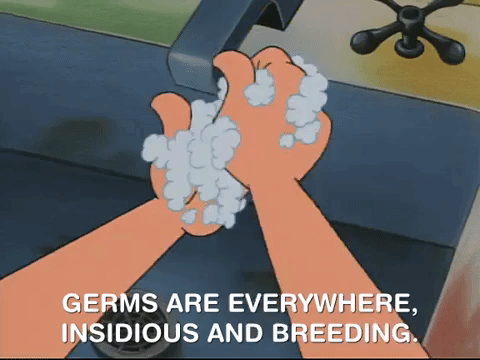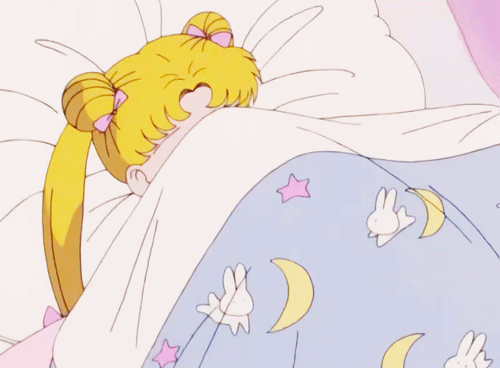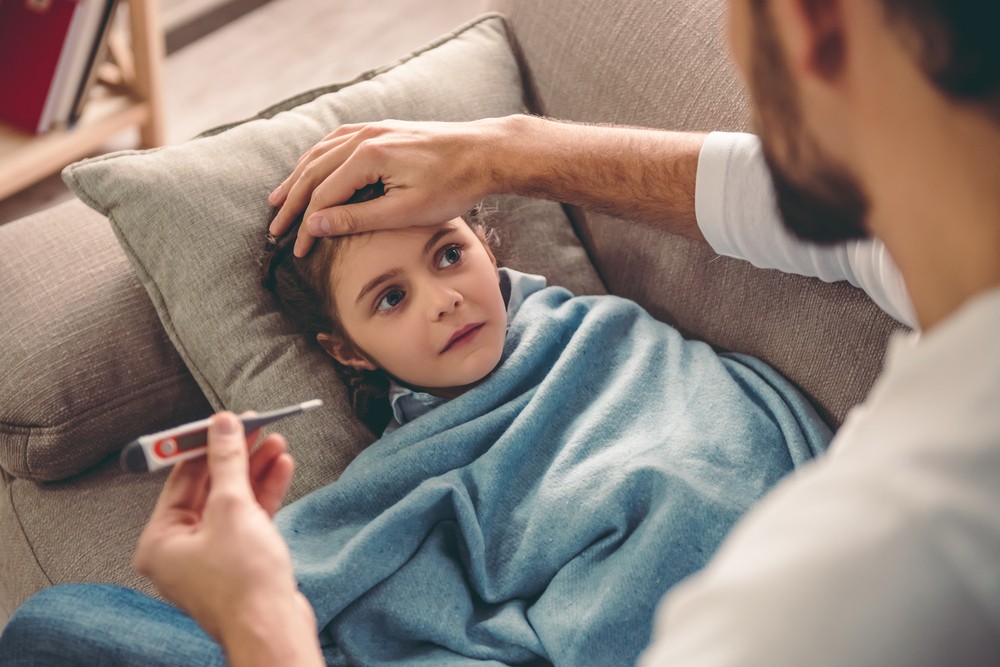It's flu season right now and every parent panics when their child gets a fever or sneezes. But don't panic if your child gets the flu. Here are tips worth their weight in gold to make things a little easier.
Here are some tips that will help you if your child get the flu. Of course, these tips are also useful for us.
How to behave during flu season?
Avoid sick people as the flu virus spreads through the air.
Avoid touching your face, especially your nose, eyes and cheeks, as these are the places where viruses most often form.
Wash your hands often and properly. Use soap, water, or alcohol-based hand gel.
If you use soap and water, wash your hands for at least twenty seconds.
If you and your child use gel, wash until the gel is gone. Do not allow the child to put the gel in the mouth.
Surfaces in the house, such as tables, doorknobs and telephones, should be kept clean.

What to do when a child gets the flu?
Keep your child at home (avoid school, kindergarten, playhouses, birthday parties, etc.).
Try to separate the child from other family members to prevent the spread of the virus.
Maintain hygiene.
Limit coughing and sneezing.
Teach your child to use a tissue when sneezing and coughing.
If a tissue is unavailable, teach him to sneeze and cough into his upper arm to avoid transferring the virus to his hands.

How to help your child when he gets the flu?
Let the child rest more than usual.
Drink plenty of fluids.
Take his temperature regularly. If possible, write down the time of measurement and the height of the temperature.
Aspirin should be avoided with the flu because it is said to cause unwanted effects. So if your child has flu symptoms and Aspirin is his regular therapy, consult your pediatrician.
Continue with any other drug therapy (if the child has one) as normal.

You should see a doctor when...
... is a child under the age of five (especially under the age of two) and has a high body temperature of more than 39 degrees Celsius.
... has certain other illnesses: lung disease (including cystic fibrosis), tumor, diabetes, hereditary transmission disorder, heart disease/weakness, weakened immune system due to other disease or treatment, AIDS/HIV, kidney disease, neurological disease, neuro- muscle disorders.
... if the child has any of the diseases listed above and someone in the family has flu symptoms.
You should see a doctor immediately if…
... the child is breathing rapidly or with difficulty.
… has blue colored skin or lips.
... is dehydrated - he does not drink and cannot retain fluids.
... is difficult to wake up or difficult to react.
... is very upset and easily irritable.
… the flu symptoms go away, but then they return with a fever and increased coughing.
... fever is accompanied by a rash.
The child can return to school or kindergarten when he feels well and has not had a fever for at least the last 24 hours.






